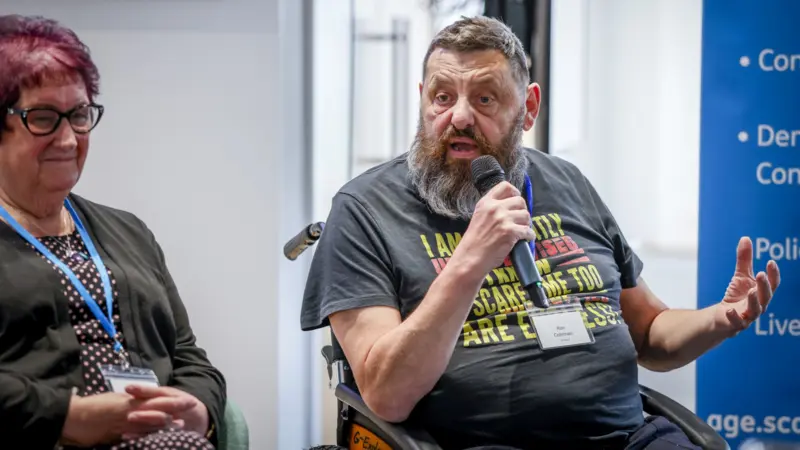Blog: Building habits for a healthy and happy later life

In the latest of our Research Café article series, we explore the evidence about what helps us enjoy good wellbeing and health in later years. This time, the focus is on lessons we can draw from Psychology to help us age well.
Most of us have a fairly good idea of what we can do for better ageing, yet find putting what we know into practice difficult. The science of psychology can help, by shining a light on why we often struggle to live in alignment with our health and wellbeing goals, and by suggesting a way to improve our experience of ageing – healthy habit change. This approach is gaining recognition in mainstream medical practice under the banner of ‘lifestyle medicine.’
Habits are things we do routinely on cue, often on autopilot. For example, when the phone rings we may answer it without making a conscious decision. Research has found it is possible to reprogramme our habits to improve our daily wellbeing set course for healthier ageing over time. Habit changes won’t help with everything, but things it can help with include:
- Relieving stress and improving your emotional wellbeing
- Making you more socially connected
- Staying hydrated and eating a healthier diet
- Building more physical activity into your routines
How does it work? In crime fiction detectives often look for ‘means, motive and opportunity’ to identify a villain. Healthy habit change can be similar. We may need certain skills, knowledge and abilities (the means). We must be sufficiently motivated. And we need the right opportunities, such as a supportive club or a pleasant nearby park. When these are in place we have a good chance of starting a new healthy routine and keep it going, as this short video illustrates.
Psychologists have found that where people want to make changes for better health and wellbeing, the best way to start is by making just very small changes to daily routine. This is because you are more likely to stick to small changes, which then gives you motivation and a springboard you can build on, as this 9 minute video from healthy habits guru James Clear explains.
Research also suggests that if we think a habit is normal for people like us, we’re more likely to adopt it. For instance, one study found that students bought more salads when posters in their canteen referred to how many other students bought them, compared to posters that just suggested salad as a healthy option. So, where community groups and services make healthy choices visible and normal, this can have a big influence on how well older people they involve age. Age Scotland’s Wellbeing Flower toolkit is available to help groups think about how best to do that, and individual older people can use Age Scotland’s Community Connecting service to find activities and groups to support them with goals they have for happy and healthy ageing.
What do healthy habit change studies specifically about older adults say? Compared to younger people, older adults may be less likely to try changing habits, but when they do, often because of a health diagnosis or a loss in their life, they are more likely to stick to a new routine.
The research also suggests that older people or more often motivated by feeling good and doing something meaningful and rewarding for them, in the moment, rather than by the prospect of better health in the future. And there is some evidence that being part of a structured and supportive programme, for example around physical activity, could be more important for healthier habits in later life. Age Scotland fun active games such as Body Boosting Bingo draw on that evidence.


